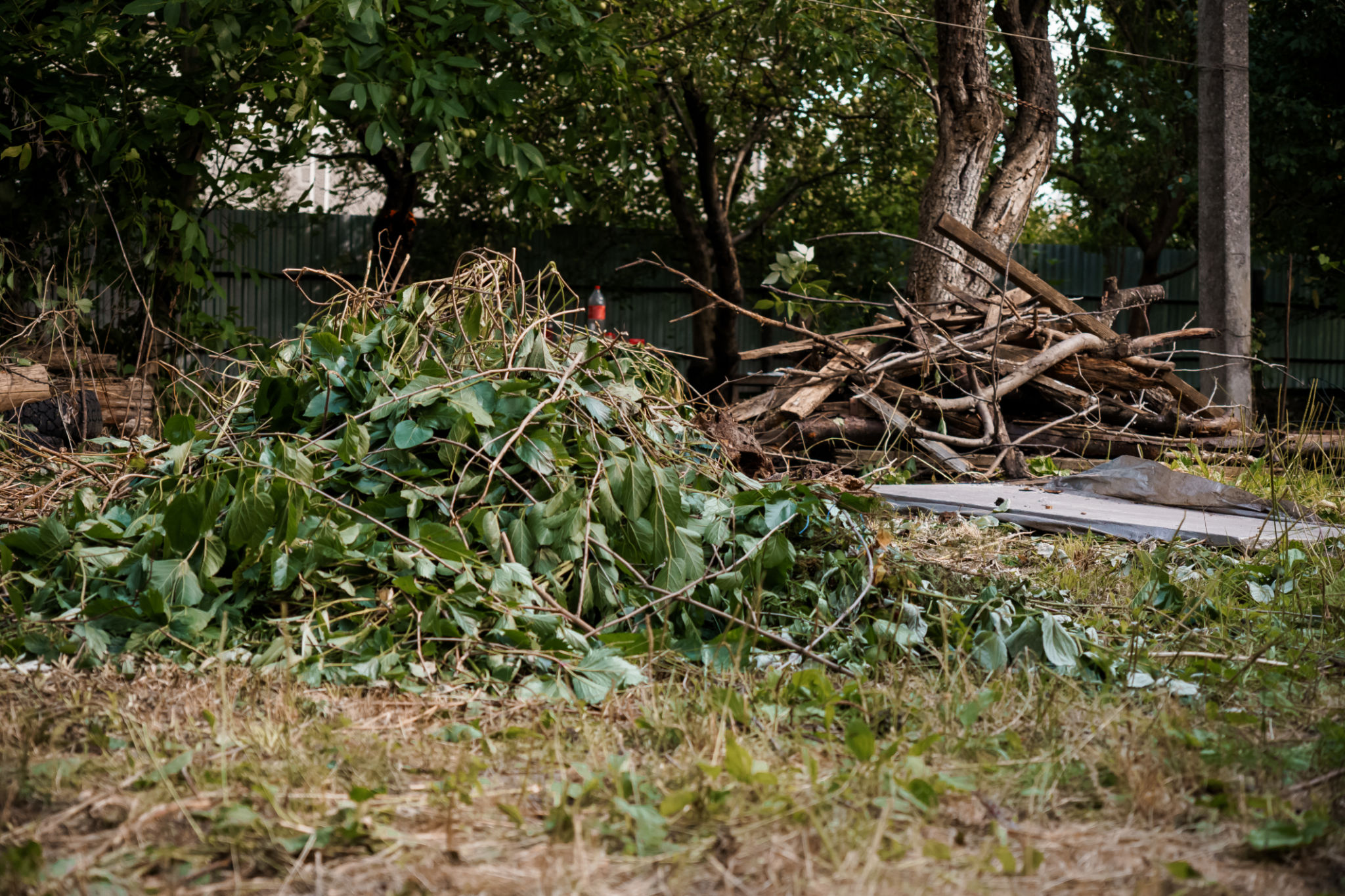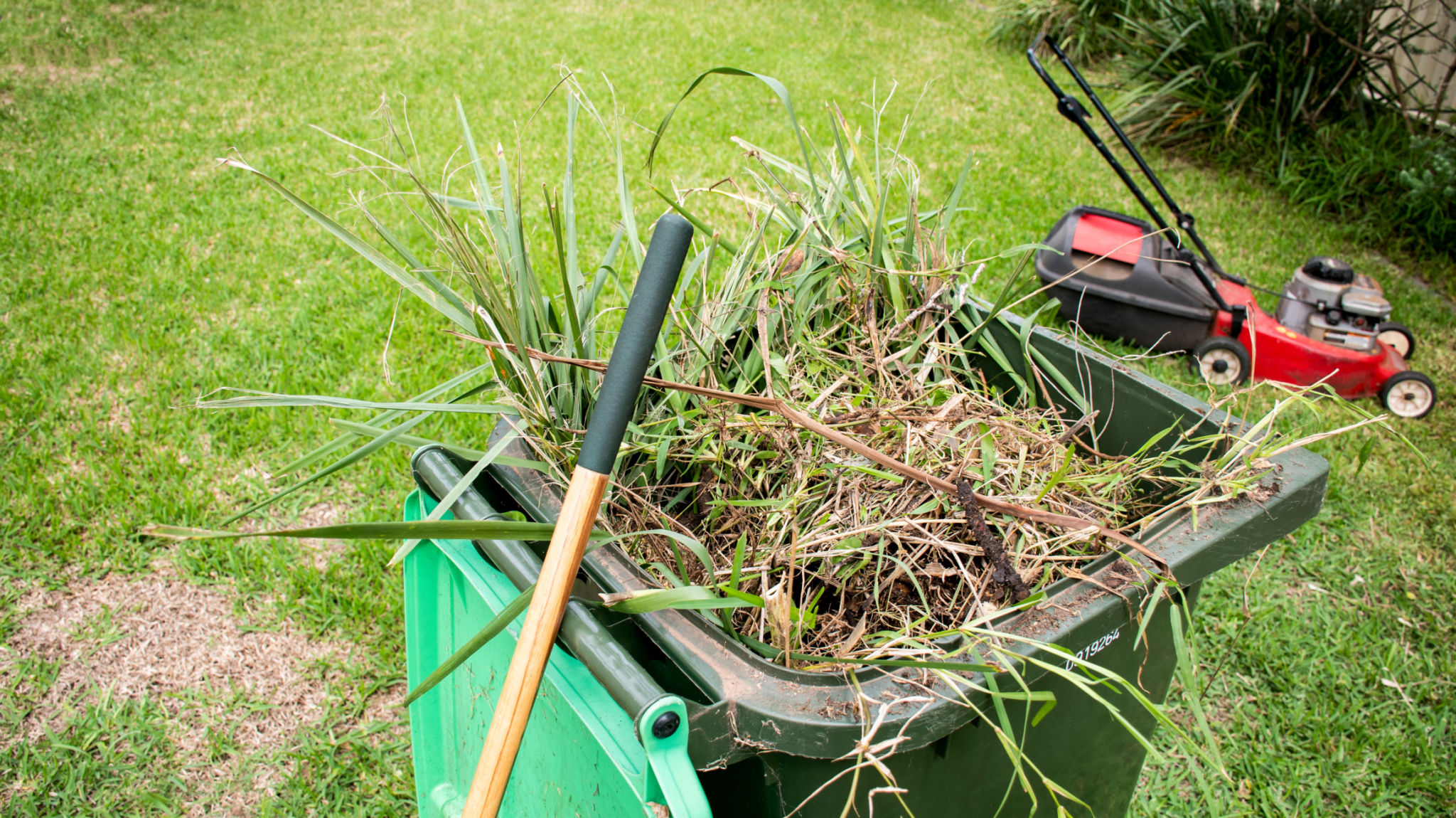The Ultimate Guide to Yard Waste Collection in Newmarket
Understanding Yard Waste Collection
Yard waste collection is an essential service that helps keep our communities clean and green. In Newmarket, this service ensures that leaves, grass clippings, branches, and other organic materials are properly disposed of or recycled. Knowing how to effectively manage your yard waste can contribute to environmental sustainability and maintain the aesthetic appeal of your neighborhood.
Proper yard waste management involves separating organic waste from regular trash. This waste is then collected by municipal services or private companies and is often composted or processed into mulch. This process not only reduces landfill waste but also creates valuable resources for gardening and landscaping.

Types of Yard Waste
Yard waste typically includes a variety of organic materials that can be recycled or composted. Common types of yard waste are:
- Grass Clippings: Often generated during lawn mowing, these can decompose quickly, enriching the soil.
- Leaves: Fallen leaves can be collected in bags or left to decompose naturally on the lawn.
- Branches and Twigs: These require cutting into smaller pieces for easier collection and processing.
- Garden Debris: Includes plant trimmings, weeds, and flowers.
Collection Schedules and Guidelines
Newmarket has specific schedules and guidelines for yard waste collection. It's important to stay informed about these to ensure your waste is collected efficiently. Collection schedules can vary depending on the season, with more frequent collections during peak gardening times like spring and fall.

Residents are usually required to place their yard waste on the curb by a certain time on collection day. Make sure the waste is in biodegradable bags or appropriate bins. Failure to follow these guidelines can result in non-collection or fines. Always check with local authorities for the most current information.
Preparing Yard Waste for Collection
Proper preparation of yard waste can facilitate its smooth collection and processing. Here are some tips:
- Use Biodegradable Bags: These are typically required for bagging leaves and grass clippings.
- Bundle Branches: Cut branches should be tied in bundles no longer than 4 feet and no heavier than 50 pounds.
- Avoid Contamination: Keep yard waste free from household trash, plastic bags, and other non-organic materials.

The Benefits of Composting
Composting is an excellent way to manage yard waste while producing nutrient-rich soil for your garden. By composting at home, you can reduce the amount of waste sent to landfills and enjoy healthier plants. Newmarket residents are encouraged to compost whenever possible to further support environmental sustainability efforts.
If you're new to composting, start with a simple backyard compost bin. Combine green materials like grass clippings with brown materials such as dry leaves. Regularly turn the pile to aerate it and speed up decomposition. Over time, you’ll have rich compost ready for your garden.
Conclusion
Effective yard waste management in Newmarket not only keeps our environment clean but also contributes to resource conservation. By understanding the types of yard waste, adhering to collection schedules, and preparing waste properly, residents can make a significant impact. Consider incorporating composting into your routine for added benefits.
The effort you put into proper yard waste collection and composting will pay off by enhancing your garden's health and supporting a more sustainable community. Stay informed about local guidelines and embrace these practices to make a positive environmental difference.